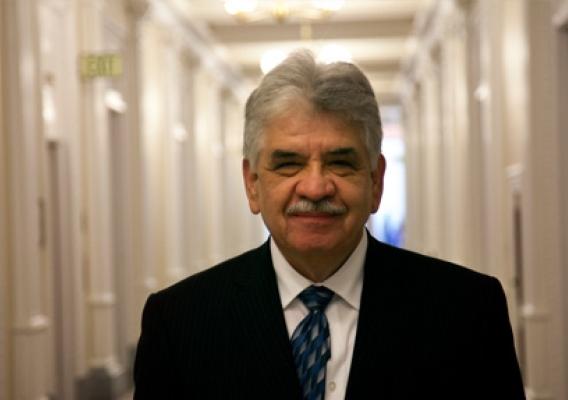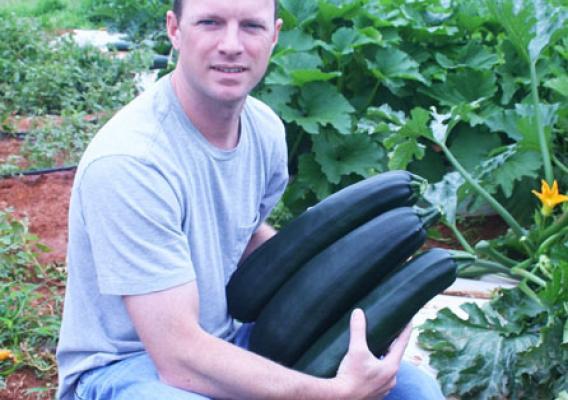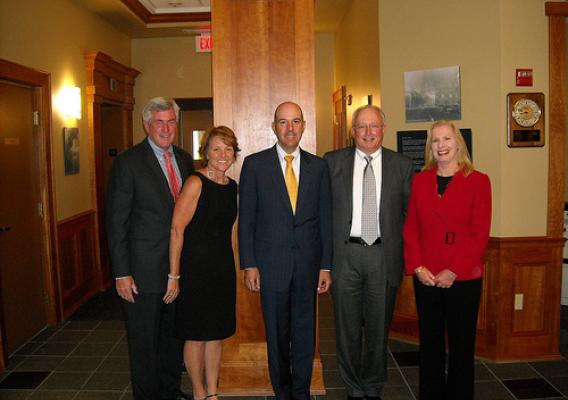This post is part of the Science Tuesday feature series on the USDA blog. Check back each week as we showcase stories and news from the USDA’s rich science and research portfolio.
In forests, climate change ramps up stress already occurring from extreme weather events, disease and insect outbreaks, catastrophic wildfires, and invasive species. Resilient forests are better able to absorb stress without compromising the services they afford. In the same way that good sleep, healthy diet, and regular exercise make a person resilient (though not immune) to illness, forests can be helped towards resiliency by management practices that focus on sustaining or restoring ecological integrity in relation to future conditions. While neither the many threats to forests nor the management approaches available to abate them are new to forest managers, climate change introduces additional pressure and the need for the rapid translation of emerging science into forest management practice.










